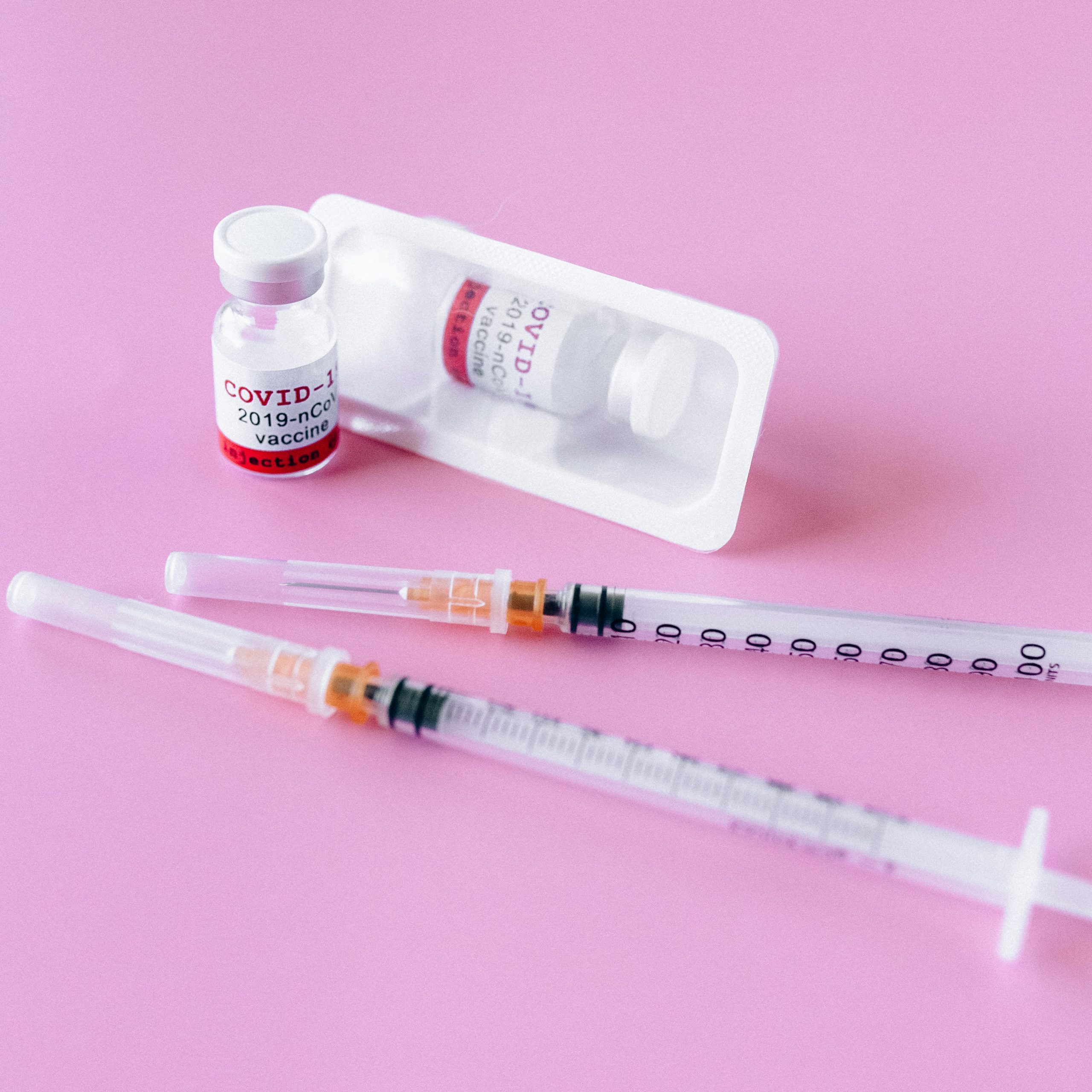
The Safety of Vaccines Is a Priority
At Acuitas Therapeutics, we believe it is important that people have access to the facts – scientifically proven, validated facts. This has never been more important as we can see – on a global level – how inaccurate information can be quickly shared and absorbed via social media. Facts matter. Evidence-based science matters. The truth matters.
We are facing an era where information is politicized and that is dangerous. The politicization of vaccines is more than unfortunate – it’s deadly. Vaccines should only be viewed through the lens of science. Discussion about vaccine development should focus on safety, efficacy and widespread distribution.
What happens when vaccine development becomes a political football is that the science can get ignored and partisan talking points determine whether someone believes that the vaccine is safe or will work. (This has happened with multiple vaccines in recent years – and especially with the COVID-19 vaccines that are being developed.) People die when this happens.
There are rigid protocols in place in Canada, in the United States, and in every country regulating vaccines that will be administered to their residents. In fact, Health Canada’s website is very clear on their approach to regulating vaccines. On their site, they state that:
“The Food and Drugs Act and its regulations categorize vaccines as biologic drugs. Biologic drugs differ from chemical drugs because they come from living organisms, which means they are more variable than chemical drugs. Therefore, biologic drugs require more regulatory oversight than chemical drugs, as well as special expertise and procedures for their:
- manufacture
- control
- regulation
For more in-depth information on regulating biologics, refer to our regulatory roadmap for biologic (schedule D) drugs in Canada page.”
Scientific and Clinical Evidence Is Key
According to Health Canada, which is a reliable source, as scientists work to develop a vaccine – as so many around the world are doing to fight the global pandemic – they gather scientific and clinical evidence that shows that the vaccine is safe, effective and manufactured to the highest quality. This evidence is detailed and the collecting of it is done in minute detail, with substantial reporting of multiple elements. This includes results from the reviewing of manufacturing processes and human clinical trials.
Human clinical trial data is critical to supporting development of a vaccine and, in turn, there are multiple safeguards around the conduct of these clinical trials. For example in Canada a Sponsor (company developing a vaccine) must file a Clinical Trial Application with Health Canada’s Biologic and Radiopharmaceutical Drugs Directorate. When a Sponsor has enough scientific and clinical evidence of the safety, efficacy and quality of the vaccine, then – and only then – can they file a New Drug Submission. This submission provides Health Canada with the evidence, as well as information about the:
- Manufacturing facility
- Manufacturing method
- Quality controls for the production of the vaccine
Vaccine Safety and Efficacy
With respect to review of a New Drug Submission, on the Health Canada site, it states that:
“Health Canada’s clinical reviewers thoroughly review the submission to:
- confirm there are no significant safety concerns
- determine that the vaccine is able to prompt an adequate immune response in vaccinated people and thus demonstrates that it can protect against disease
- determine from the safety and efficacy review that the benefits outweigh the risks
- review procedures for safety monitoring outlined by the manufacturer and any plans to minimize any identified risks
A vaccine’s efficacy is determined throughout the process of development. Initially, the vaccine must demonstrate an adequate immune response. In later stages of development, the vaccine’s efficacy is evaluated for its ability to protect against a developing disease compared to no vaccine or similar vaccines. These vaccine studies, which can involve thousands of people and help to inform Health Canada’s safety and efficacy reviews.”
Quality
Before a vaccine is authorized to be given to Canadians, Health Canada states on its website that quality reviewers may visit the manufacturing site to:
- Review the quality of the manufacturing process
- Confirm that the vaccine manufacturer can manage all of the necessary quality controls for the vaccine
In addition, the manufacturer must provide vaccine samples from three to five consecutive lots to Health Canada so that they can test them to find out if the manufacturer consistently produces high-quality lots.
How a Vaccine Is Authorized
Health Canada explains how a vaccine is authorized, stating that:
“Health Canada’s Biologic and Radiopharmaceutical Drugs Directorate reviews the data in the submission. When the review is complete, if the benefits of the vaccine outweigh any identified risks, Health Canada issues a:
- Notice of Compliance (NOC)
- Drug Identification Number (DIN)
These show that Health Canada has authorized the vaccine for sale in Canada.
If there is not enough evidence to support safety, effectiveness or quality claims:
- Health Canada will not authorize the vaccine
- The product cannot be sold in Canada”
A list of all authorized vaccines can be found in the Drug Product Database. Similar safeguards are in place in other countries. For example, information on how vaccines are tested, reviewed and authorized in the U.S. can be found here.
Each of us has a personal responsibility to make sure that we make decisions based on facts – not with opinions or ideas but with validated, verified information. The safety measures that are in place for the development and continued use of vaccines are detailed and extensive. Vaccines are safe and they are crucial for humanity to overcome devastating and deadly diseases – including COVID-19. It is important to know the facts and not get pulled into misinformation, inaccuracies or opinion when it comes to the health and safety of ourselves, our families and friends, and our communities.
Please remember to stay safe, to wear a mask, wash your hands often and, if you have to be in contact with those who don’t live in your household, stay six feet away from each other.



